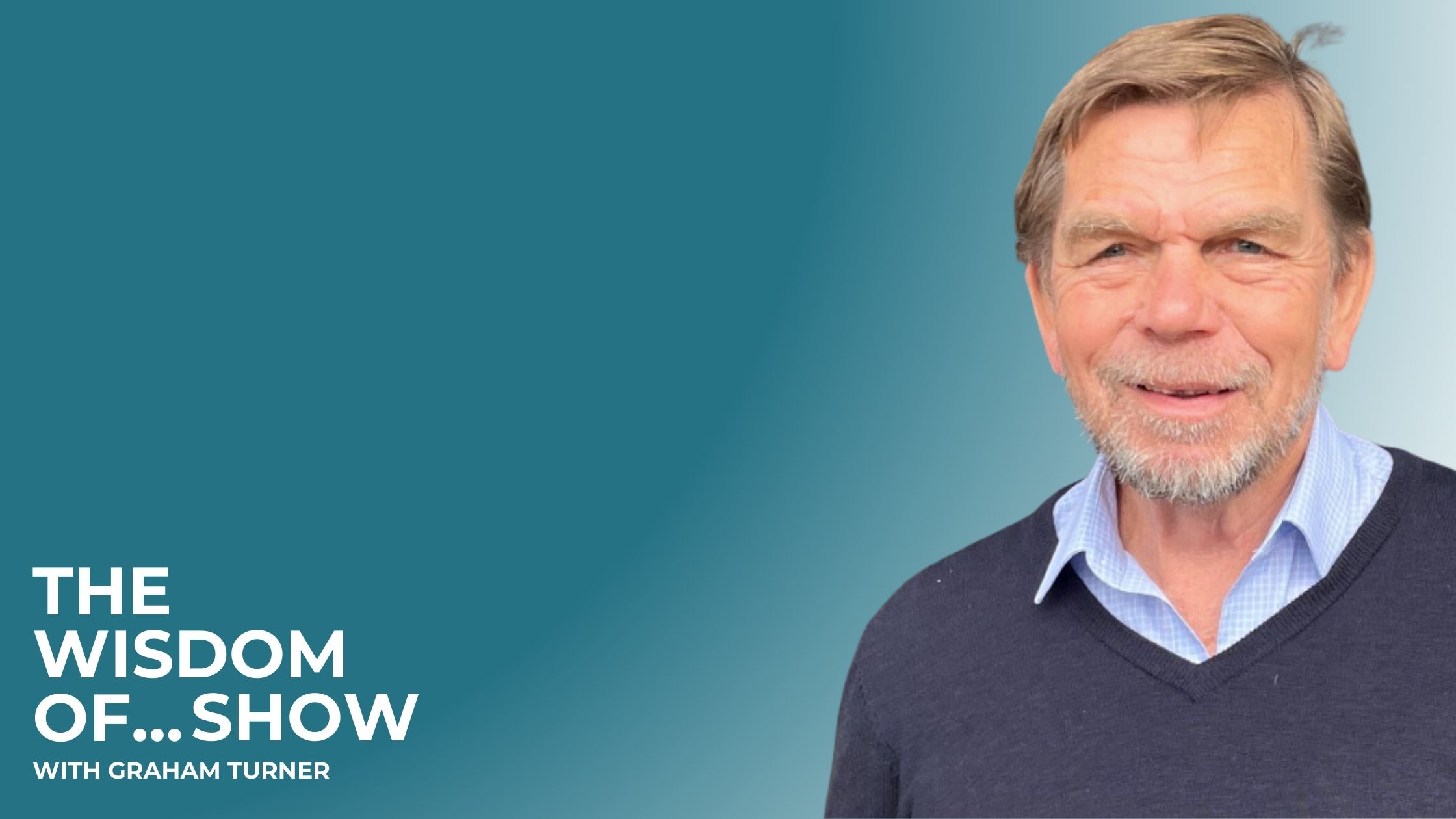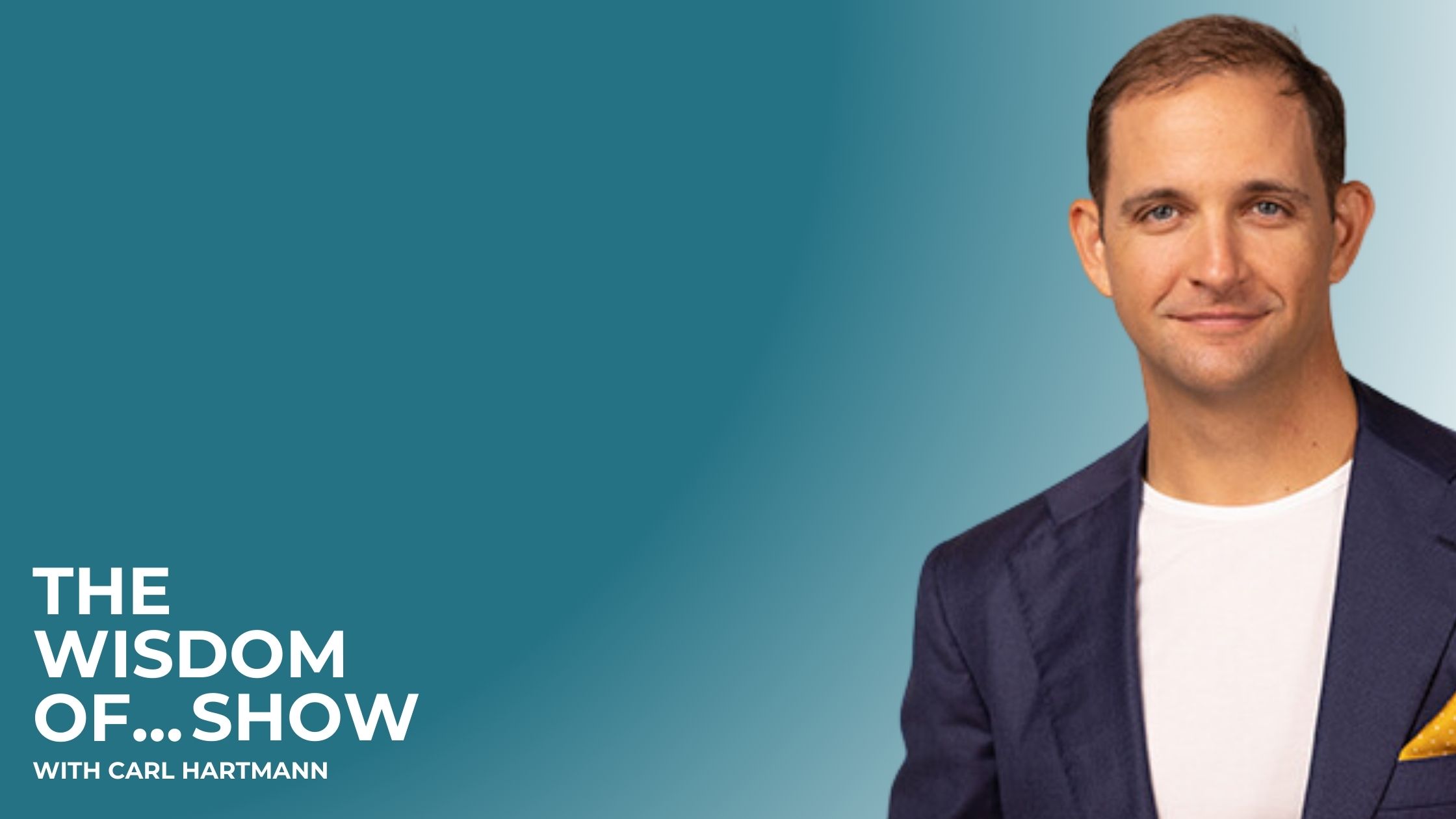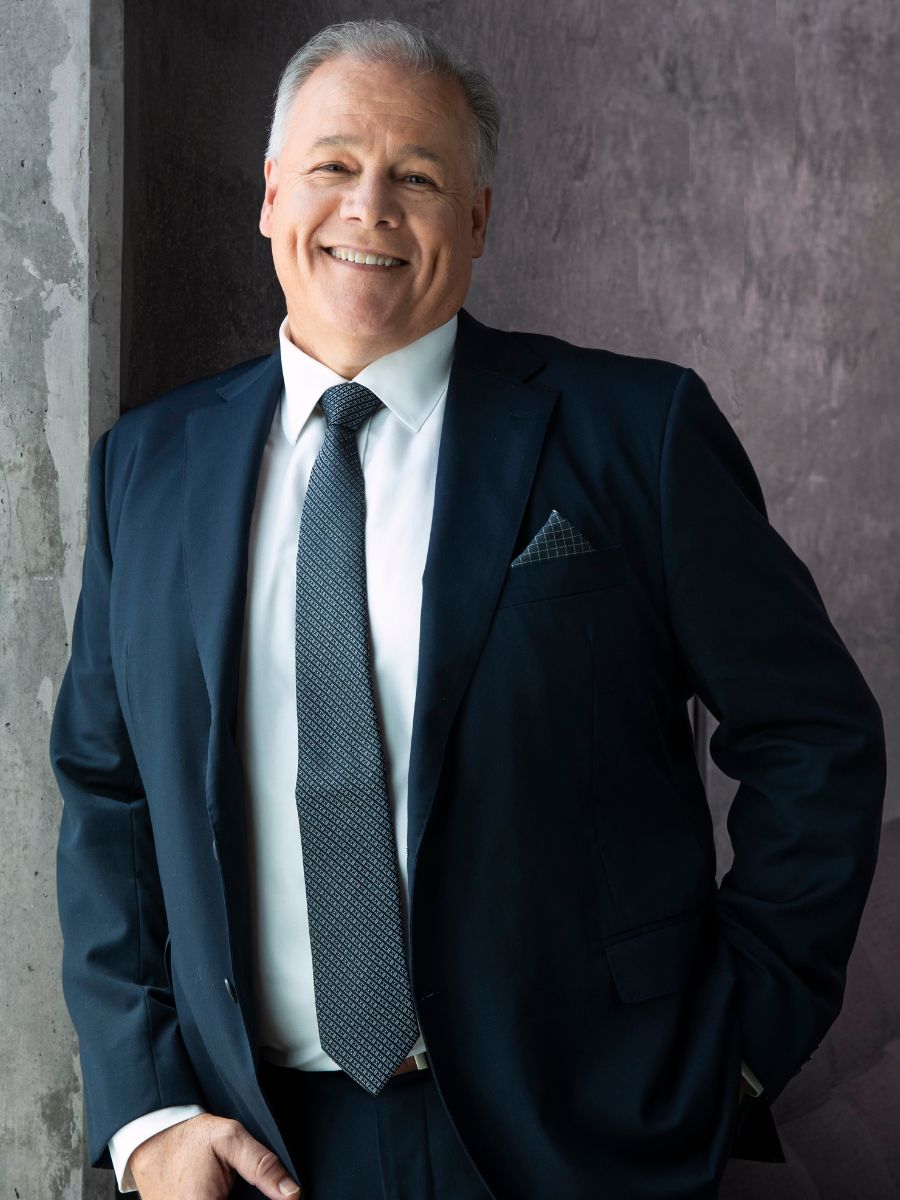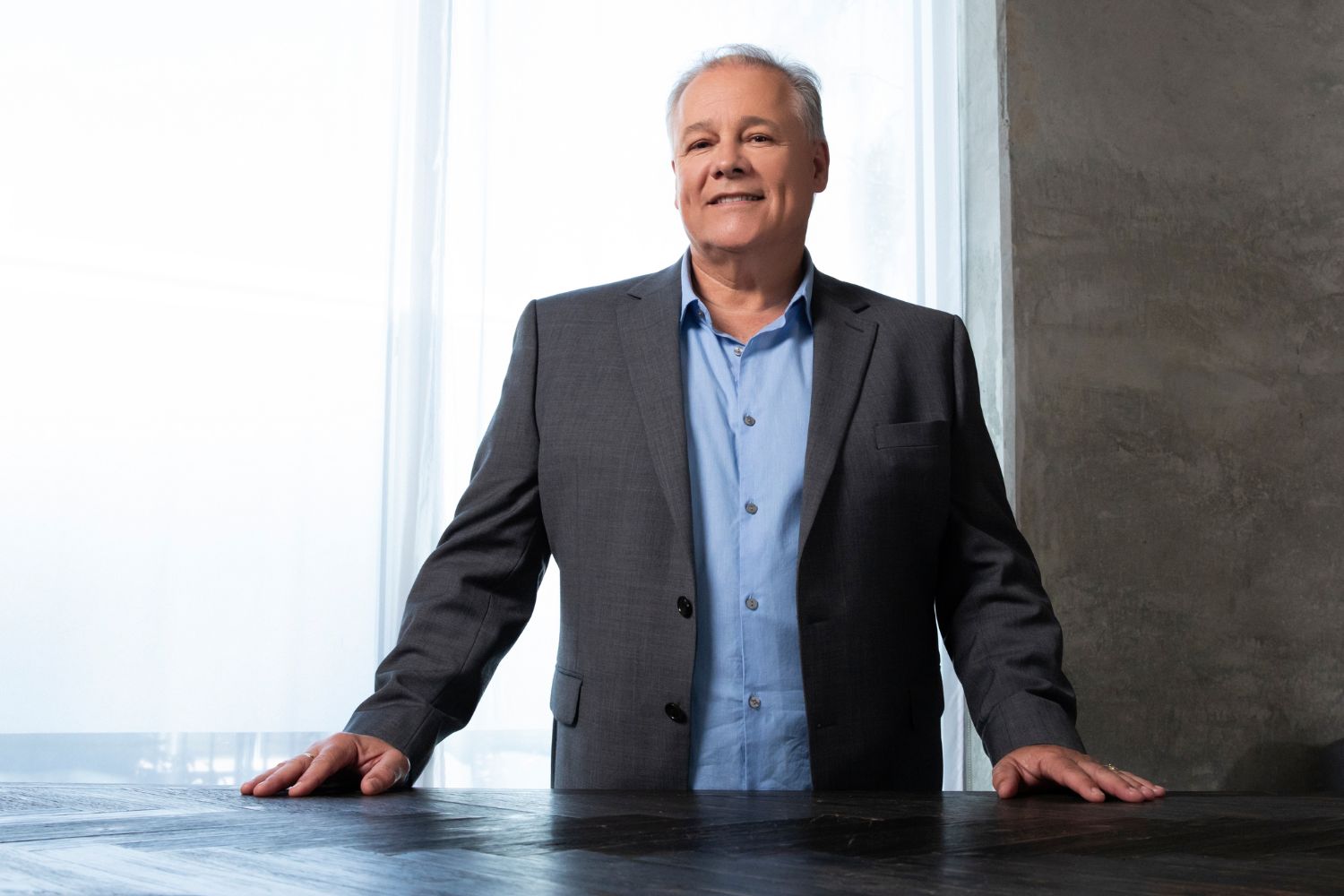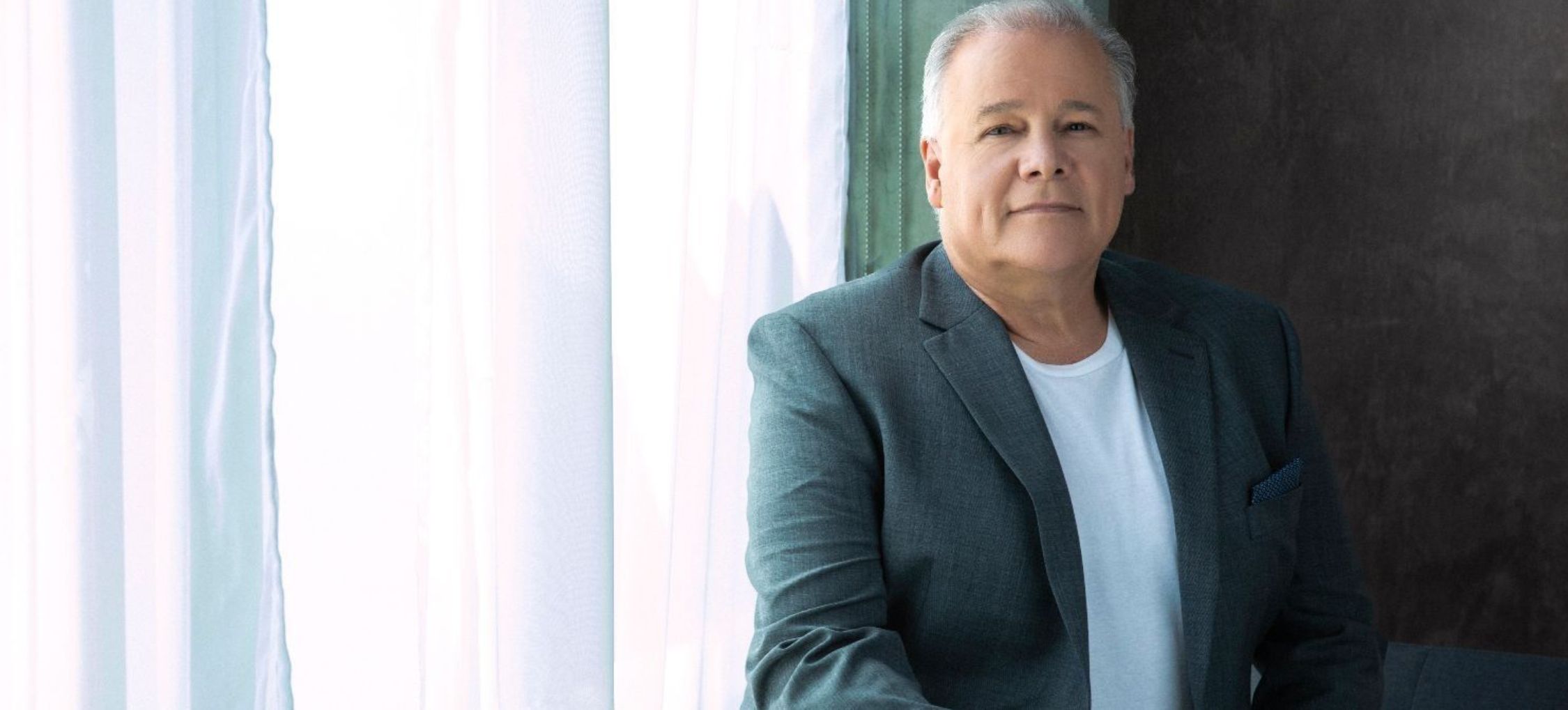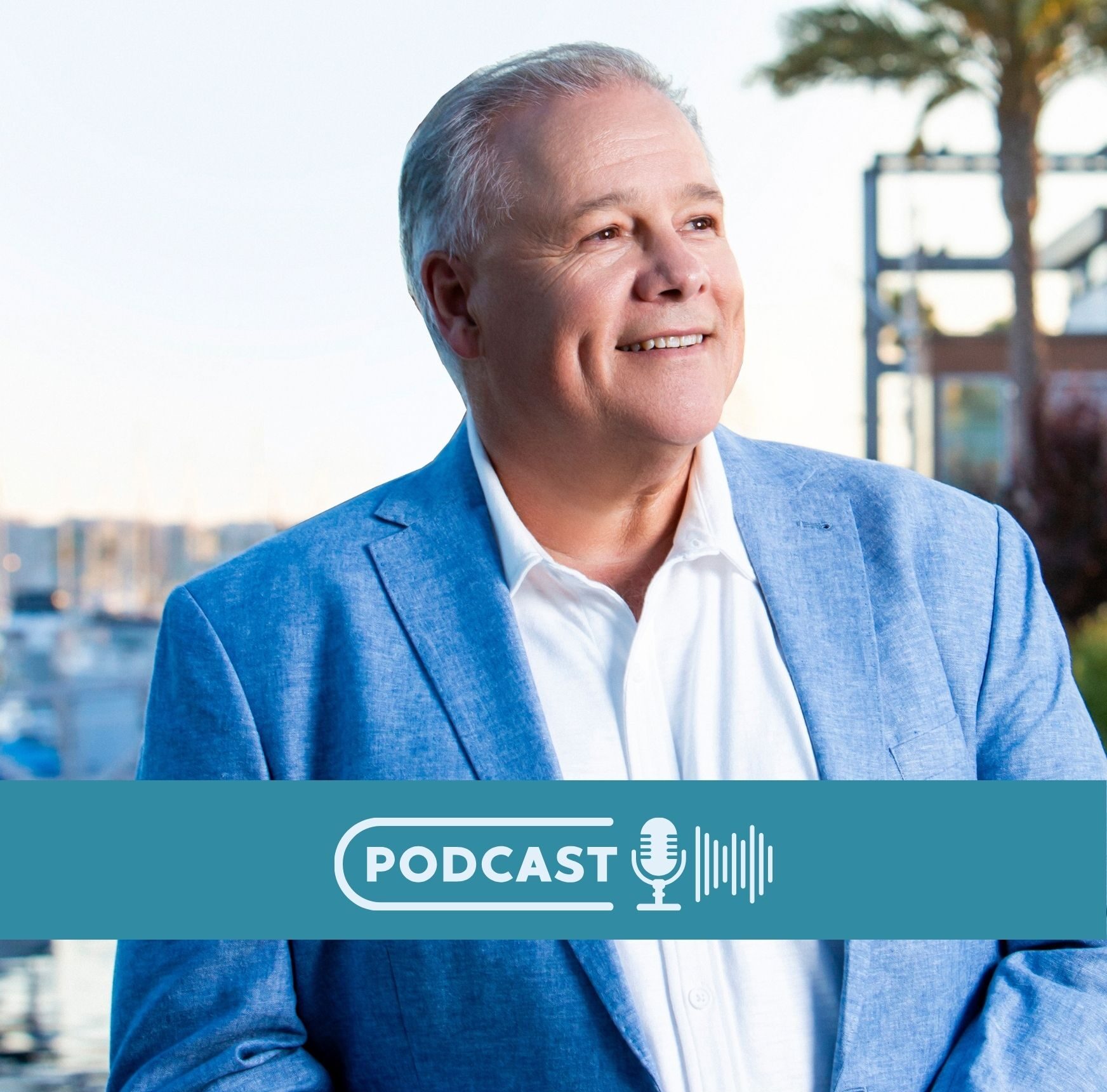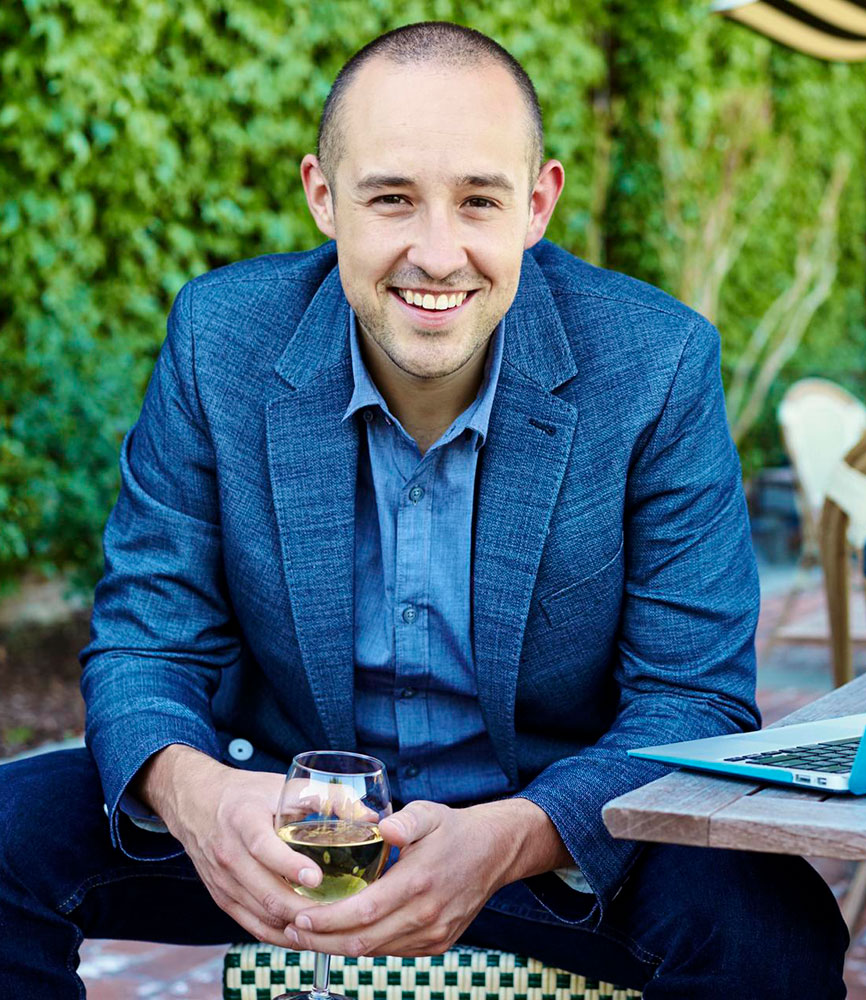With many corporations focused on growth at all costs, Anuradha Muralidharan shines the path forward to a future where business innovation doesn’t come at the expense of your team or your values. She is the principal strategist and COO of Expensify, where she leads fraud prevention, audits, bank relations, and all other operational efforts.
Her vast acumen and depth of emotional intelligence have not just been embodied throughout her career but make her an incredible role model for those seeking to scale without compromise.
Recently, I had the pleasure of interviewing Anu for my “Wisdom Of…” Show. I was blown away by her ability to break unbroken ground without compromising her values or diluting the strength of those around her.
Ready to revolutionize how you contend with innovation and its multi-faceted challenges? Watch the full interview with Anuradha now and unlock the secrets of revolutionizing your industry with integrity .
Just Go and Add Value, Even If it’s Boring
When we began our conversation, Anu shared with me how she got started working with Expensify. Buried within was an approach she followed that immediately set her apart and can prove immensely useful for high-level executives and founders alike.
As she recalls, her strategy was to “show up to work every day and figure out the things that absolutely need to get done, but no one really has the bandwidth to do… My attitude really was: No job is too low for me, so long as it’s critical to do and nobody has the bandwidth to do it”.
This prompted a fascinating discussion about the common misconception among entrepreneurs that certain jobs are beneath them when, in fact, the tedious work is often the most valuable work.
So next time you think a particular job is beneath you, ask yourself, “Is it?”
Is the job beneath the business, or is it business-critical? If it’s business critical, it’s worthy of being done.
This line of thinking permeates the legacies of many past and present geniuses, who attain and retain their original mastery through the continuous refinement of the critical yet often “boring” fundamentals.
Develop a Clear Point of View, But Stay Open to Change
As we continued, we explored how she led radical innovations such as the Expensify Card from concept to reality and uncovered a crucial leadership principle in the process.
One of the dichotomies Anu adopted that she credited for helping her break this new ground so effectively was “the ability to develop a point of view with an open mind.”
It’s hard enough for many founders to hold to their original genius when there are so many external opinions. However, it’s harder to balance this conviction with the willingness to adapt based on new information and the perspectives of those you trust.
On this point, Anu starts by noting that “most of the time, people are willing to talk themselves in circles, but nobody wants to draw a line in the sand because it’s scary.”
This fear and hesitancy can delay, dilute, or dissolve many great ideas.
Overcoming this fear is challenging, but sometimes, a line in the sand is not enough.
As Muralidharan recalls, “You develop a point of view… and then you go and collect evidence to see if your point of view holds water. If it doesn’t… be willing to change your mind so that you’re actually solving problems”.
I’ve seen this balance between conviction and flexibility in original geniuses time and time again. It’s not about being right all the time; it’s about being committed to finding the best solution, even if it means admitting you were initially wrong.
Surround Yourself with Smart People, Even If It's Challenging
As she sought feedback on her ideas, she quickly found that the quality of the feedback she received was directly proportional to the quality of the minds around her.
Now, we’ve all heard the adage about being the most intelligent person in the room.
But Anu took this further, referencing Steve Jobs, stating, “A players hire A players. But your B players always want to hire C players because they’re trying to look good.”
This insight resonates deeply with my experiences working with original founders.
The temptation to hire people who won’t challenge you is strong. As noted above, some do so to feed their egos, and others hold on to what they’ve created.
Either way, it’s a path to mediocrity for you and your business.
As Anu noted, “Smart people always want to work with people smarter than them because they learn more, they grow more.”
Anu leveraged this to build a strong team around her that helped her thrive in her role as COO, and it started with knowing what to look for.
She advised others to look for people with “a level of grit, a level of hard work [and] the drive to learn new things and grow.”
These are the team members who will push your company to new heights.
Embrace "Disagree But Commit"
Building a team of solid A-players requires managing expectations and accounting for differences in approach and opinion.
One of the mantras that helped Anu smooth out disagreements and find a way forward through them as they arose was “disagree but commit,” which she referenced from Jeff Bezos.
“Say you’re having a debate with somebody and they want to approach it a certain way and you disagree. His [Jeff Bezos’] point is you try to influence them, but if you are unable to do so, then commit to the decision, don’t hold on to that disagreement and try to prove them wrong.”
As founders, we are deeply passionate about what we do and how we do it, which is largely positive but can open the door to disagreements when met with opposing viewpoints. This approach can help you foster a culture of open communication while maintaining unity, as the ability to jointly commit to a decision prevents conflict and allows projects to move forward.
It’s a powerful tool for moving past cyclical discussions and into action, transforming decision-making processes and team dynamics, especially when high stakes and heated discussions are involved.
Innovate Through Simplification and First Principles
On an individual level, Anu shared a fascinating perspective on innovation that aligns closely with my own experiences.
She noted that “Every single problem that I was trying to solve had no written down process for it. And so, almost out of necessity, I reinvented the wheel all the time.”
As a result, she leaned into a “common sense” or a “first principles approach,” which helped her more effectively navigate the unknown, strip away assumptions, and uncover, “What’s the fundamental problem we’re trying to solve?”
Anu went on to discuss the efficacy of this process and its effects, telling me that “instead of leaping to how everybody else solves it, have a common-sense approach. And then don’t do it in a bubble; figure that out and then get feedback. That process has helped me over and over again.”
Her findings regarding the effectiveness of first-principles thinking are shared by many of the most brilliant luminaries of our time, including (but not limited to) Elon Musk, Jeff Bezos, and Peter Theil.
In my own work, I’ve long advocated for the power of simplification in business. Some of the most groundbreaking innovations come from radically simple ideas that challenge industry norms.
As leaders, one of our jobs is to create a culture where this caliber of thinking is encouraged and rewarded for current and future employees, just as Anu does in her role as a COO.
Take Customer Concerns Seriously, Even When You Disagree
One of the most valuable lessons Anu shared in our conversation came from a crisis moment at Expensify.
When launching a new feature, they faced backlash over perceived privacy concerns. Initially, Anu felt resentful, viewing the concerns as unfounded. However, she quickly realized the importance of addressing these fears head-on.
As she put it, “Telling somebody that is scared about something to just calm down never works. And if those are your customers, I think you should take their fears seriously and find a suitable solution.”
This is especially important for problems that you either don’t agree are valid or don’t believe are strong enough concerns to warrant the response you’re getting.
In these situations, it is necessary to let go of your potential resentment or disbelief and acknowledge the truth of the individual providing the feedback.
This collected and compassionate response creates empathy and builds trust, leading to more loyal customers and stronger advocates for your brand.
After all, your job is not to create the perfect business that never makes mistakes but to take judgment-free ownership when problems arise, helping the affected customers feel heard and adjusting appropriately if needed.
In my work with leading companies, I’ve seen how addressing concerns openly and honestly can turn potential crises into opportunities for strengthening customer relationships and the business as a whole.
Make Tough Decisions in Service of Your Team and Vision
Following these themes of conflict and resolution, we then discussed how another source of potential conflict beyond critical customer feedback is the employees themselves.
As a founder, one of the most challenging choices regarding your team is when their performance falls short of the standards you set for them.
Anu shared her struggle with this aspect of leadership as someone who has built a world-class team of high performers, stating, “It’s always difficult to make personal decisions. …We always give people a lot of chances to kind of rehab their performance.”
Despite this difficulty, she emphasized the importance of making tough calls when necessary, maintaining that “You have to do it because if not, you are going back on your commitment to all your star players, and that’s not acceptable either.”
She framed this view by saying, “You do it in service of your team, your star performers, your company, and just trust that you were a good person about it.”
Striking this balance between compassion and decisive action is crucial for maintaining a high-performing team. It illustrates Anu’s competency and effectiveness not only as a leader of top performers but also as a top performer herself.
Navigate Ethical Challenges with Thoughtful Frameworks
As we wrapped up our conversation, we pivoted from the challenge of making tough decisions into an illuminating discussion on ethics and “fairness” in business.
Anu’s reflections on ethical decision-making resonated strongly with my own approach. She emphasized the importance of considering multiple perspectives and striving for fairness wherever possible.
In our discussion, I shared the Rotary “four-way test” as a tool for ethical decision-making, which goes as follows:
Is it the truth?
Is it fair to all concerned?
Will it build goodwill and better friendships?
Will it be beneficial to all concerned?
If you get a no to any of those four questions when considering a situation, think it through again and how you can strive for a fully equitable outcome.
This framework can provide a valuable starting point for navigating complex ethical terrain. As leaders, our decisions have far-reaching impacts, and this “four-way test” can help ensure we’re considering all angles to get the best results without sacrificing anyone’s comfort or integrity.
This conversation is a must-watch for any leader grappling with the complexities of innovation who is seeking to grow without compromising their value or their values.
Anu offers not just insights, but practical frameworks that can help you navigate these challenges with confidence and empathy.
So here’s my challenge to you: Watch this episode.
Follow Anuradha’s example and draw a line in the sand around the caliber of leader you want to become, with the open-mindedness to embrace and apply the new perspectives you’ll find when you tune in and live it out.
Leaders like Anu and thinkers like you are shaping the future of work right now. Don’t just watch it happen—be part of the conversation.
Watch the full interview with Anuradha Muralidharan on The Wisdom Of… Show
And don’t miss Simon Bowen’s transformative masterclass on unlocking your organization’s hidden genius. Your future self will thank you.

